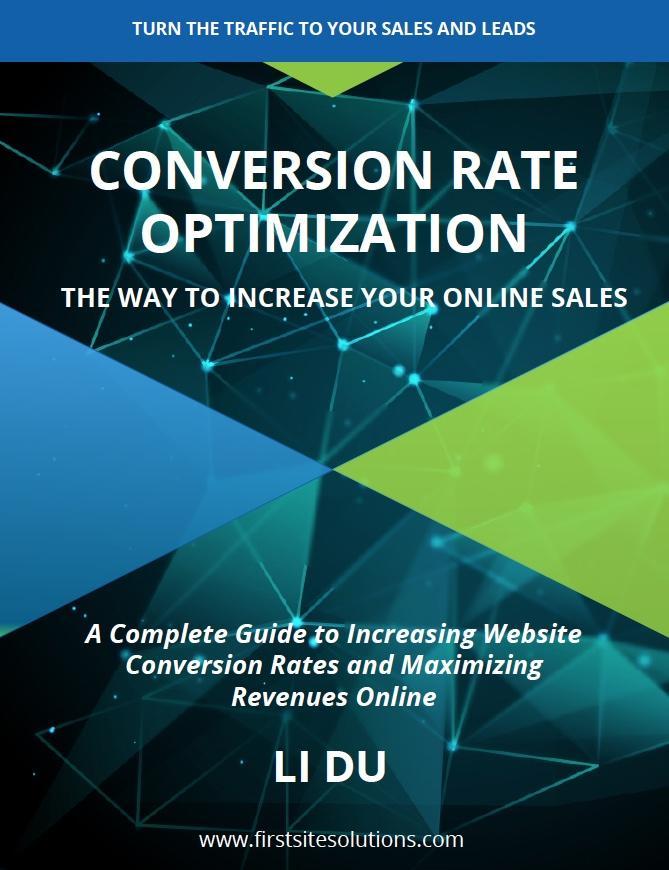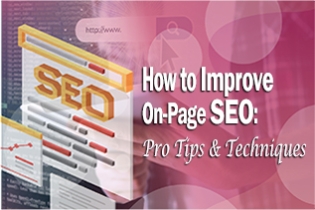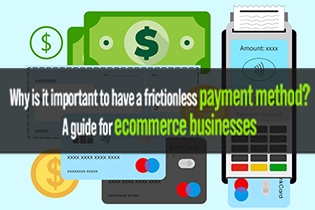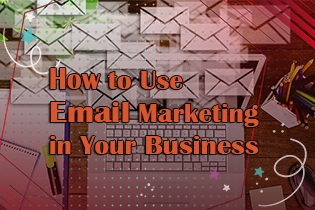
If you think page speed is not essential, think again. Consider this: each one-second delay in page load time can result in the following:
- 7% less conversions
- 16% decrease in customer satisfaction
- 11% less page views
Statistics clearly show that a few extra seconds can have a massive impact on your ability to make sales and engage with visitors. Also, having a fast website will not only rank high in Google, it can also help keep the bottom line profits high.
Why You Need to Boost Page Speed
There's no shortage of relevant statistics that highlight the importance of boosting page speed. Below are some of the most powerful reasons why you need to increase page speed:
Website speed can influence visibility.
Since Google is already considering speed when ranking their sites, your site's load time will also have an impact on how easily users can find you online. This is especially important now that they have rolled out their mobile-first index.
Since 2015, mobile searches have outnumbered desktop searches. As a result, mobile user experience now plays a massive role in search rankings. Nowadays, pages are indexed based on the experience mobile users are getting. No wonder many are now making their mobile SEO strategy a top priority.
Attention spans are short.
A 2013 study revealed that the human attention span is shorter than that of a goldfish (8 seconds versus 9 seconds). This also means:
- A 0.1 second loading time can seem instantaneous
- A 1 second loading time won't interrupt the thought process
- Ten seconds won't keep a human's attention

Boosting page speed can impact conversions.
Slow sites can kill conversions. Some studies indicate that at least 47% of consumers expect websites to load within two seconds (or less). A whopping 40% will abandon a page that takes three more seconds to load.
Even if visitors decide to stick around, the slow load times can still discourage them from returning in the future. One survey indicated that at least 79% of customers revealed they wouldn't visit a site with poor performance.
Also, if a site takes more than three seconds for a site to load, you can end up losing at least half of your site visitors before they even make it to your site. Undeniably, this can have a massive blow on your potential conversions.
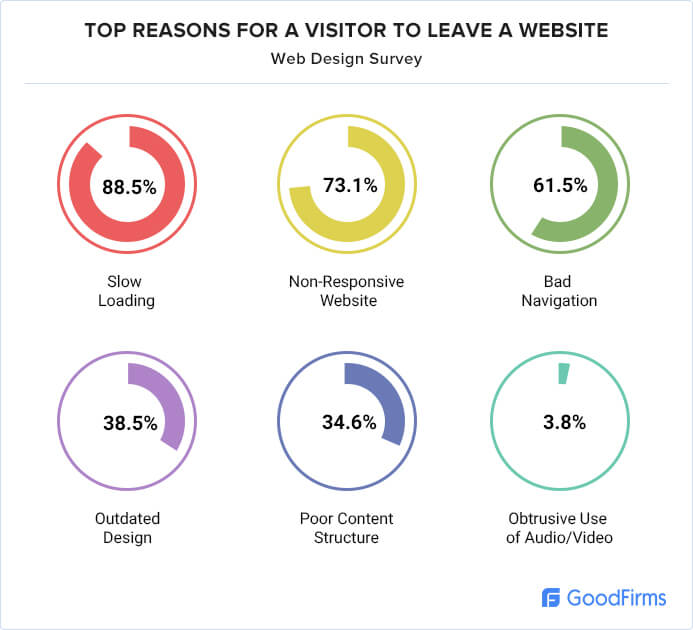
The same survey revealed that 52% of consumers claim that a page that loads quickly is crucial to site loyalty, and 44% indicate they will tell their friends about the poor experience they have had on a site.
The survey also revealed that even a one-second delay is enough to decrease customer satisfaction by as much as 16%! One classic example that clearly showcases the importance of page speed is the dramatic increase in Walmart's conversions and revenue after increasing their site speed.
At the end of Walmart's speed optimization campaign, they reported the following results:
- Every second of site improvement resulted in a 2% increase in conversions.
- Every 100 ms of improvement resulted in incremental revenue of up to 1%
What a Good Page Load Time Is
Before working on your site's speed, it is recommended that you identify what your goal is. According to Google, the ideal is three seconds. Unfortunately, benchmark reports indicate that most sites are nowhere near the three-second mark.
An analysis of 900,000 mobile ad landing pages across 126 countries revealed that 70% of the pages analyzed took nearly 7 seconds for the content above the fold to display fully.
Obviously, a lot of work needs to be done to get page load time up to Google's standards. The upside, though, is if you put in the work and get your site to an acceptable level, you'll be ahead of the pack in terms of user experience.
Conclusion
Getting your page load time to the standard Google wants can be a challenging undertaking. However, it is worth working towards, as it can significantly impact your site's overall performance.
Check out the infographic below to learn more.




